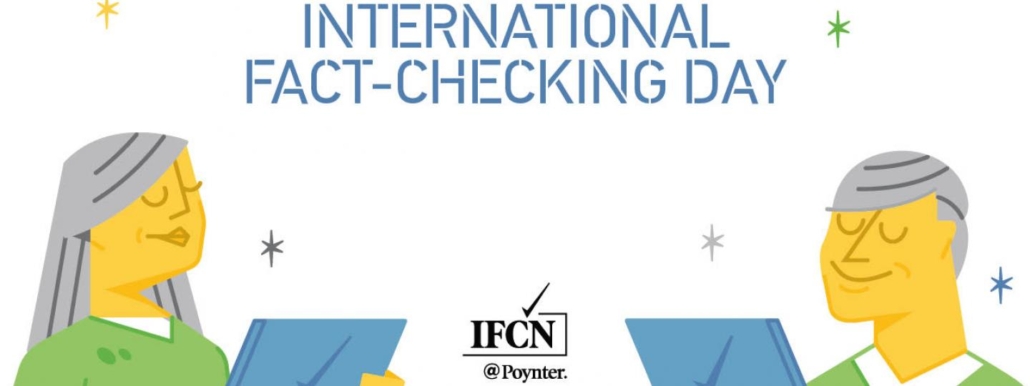International Fact-Checking Day 2021: Artificial intelligence will change fact-checking forever
Author: Africa Check and 211 Check
Last week, the global fact-checking community again observes International Fact-Checking Day. It’s an annual celebration for our community and a rallying cry for better information in public health, journalism and everyday life.
April 2021 also marks a year of Covid-19 lockdown. Around this time last year, countries began introducing restrictions on the movement of people in order to slow the spread of the disease.
Spreading almost as fast as the pandemic has been what the World Health Organization calls an infodemic about the disease.
Covid-19 misinformation was one of the year’s toughest challenges. It exposed a danger fact-checkers have warned about for years: false and misleading claims can ruin lives. .
And it highlighted a question long debated by fact-checkers. Hundreds of harmful claims are made every day. How do we know we’re checking the most important ones?
We get by with a little help from our (AI) friends
In 2019, Africa Check and three of its international partners received a US$2 million grant from Google.org to use machine learning to dramatically improve and scale global fact-checking efforts. It was through the Africa Check grant that 211 Check mobilized more than 50 journalists in Juba to attend the first ever fact checking training in South Sudan.
Over six months, and with the help of six Google.org fellows, Africa Check built artificial intelligence tools to detect claims made by people in the public eye, group them by topic, and match them with similar claims in both traditional and social media.
For 211 Check, the organization late last year recruited a team of 15, possessing of media practitioners, bloggers and social media influencers that have on daily basis engaged in mitigation of misinformation, hate speech and incitement to violence online. 211 Check, among others has also trained more than 70 journalists across South Sudan on Fact checking and Information Verification – in a move to empower them for the locals to have hate-free societies.
Electricity supply and migrant workers
Here are a few examples.
In October 2020 André de Ruyter, CEO of South Africa’s government-owned electricity producer Eskom, claimed that blackouts across the country had been caused by “the coldest winter in 10 years’.
Although temperatures that winter were found to be generally below normal, data did not support the claim. And experts said the power system should be able to handle winter demand peaks.
Our AI tools also picked up a startling claim by South Africa’s minister of finance, Tito Mboweni.
When he returned from exile in 1990, he said, eight in 10 restaurant workers were South African. “The other two were probably Malawian or Zimbabwean. Today almost 100% are non-South African.” Again, no data supported the claim. In a country where tensions between citizens and foreign nationals often run high, unsupported claims like this do little to help.



Leave a Reply
Want to join the discussion?Feel free to contribute!